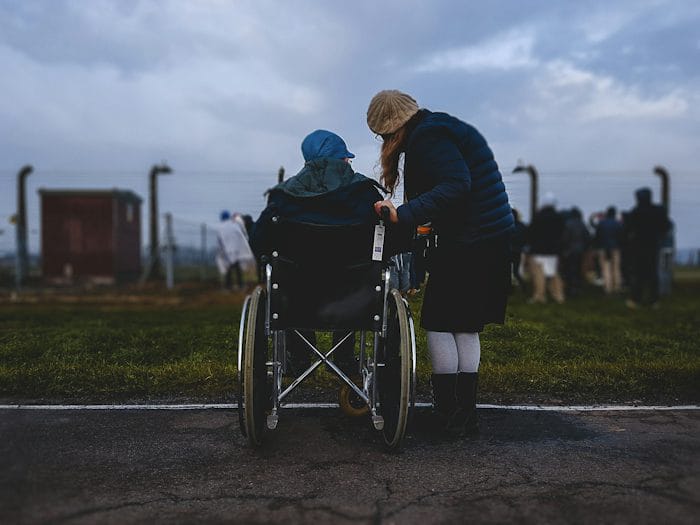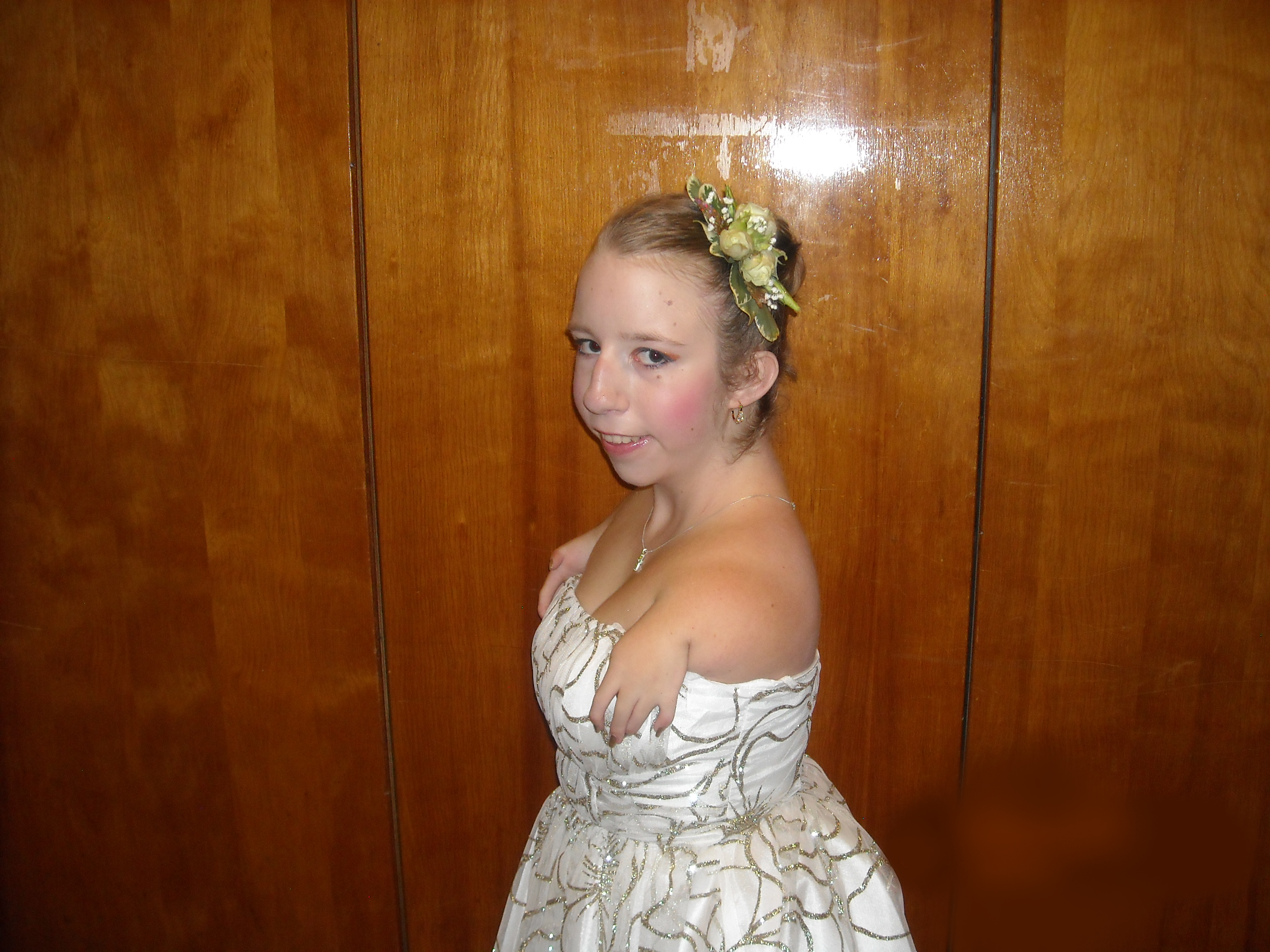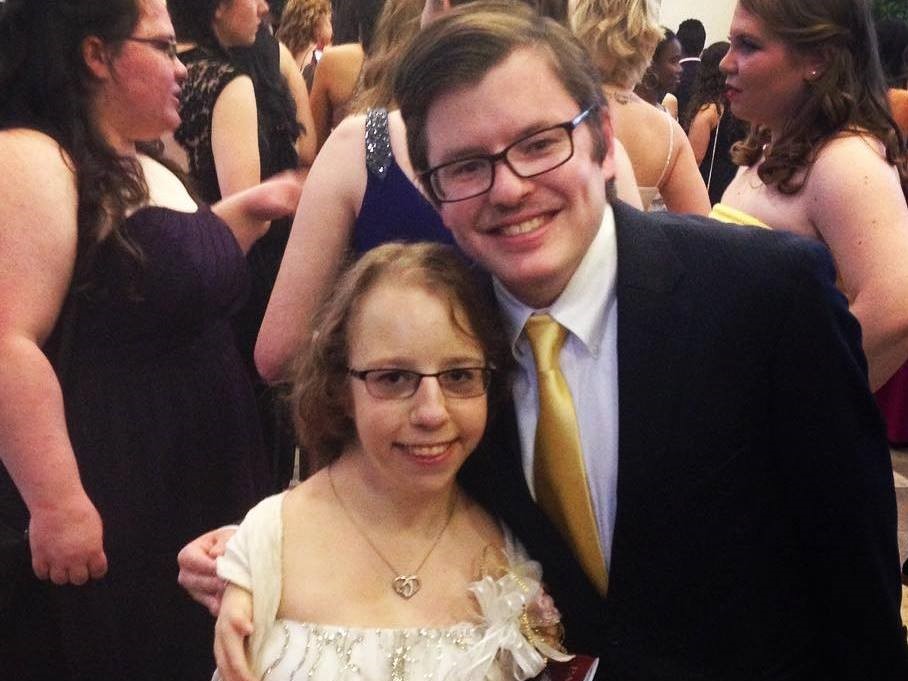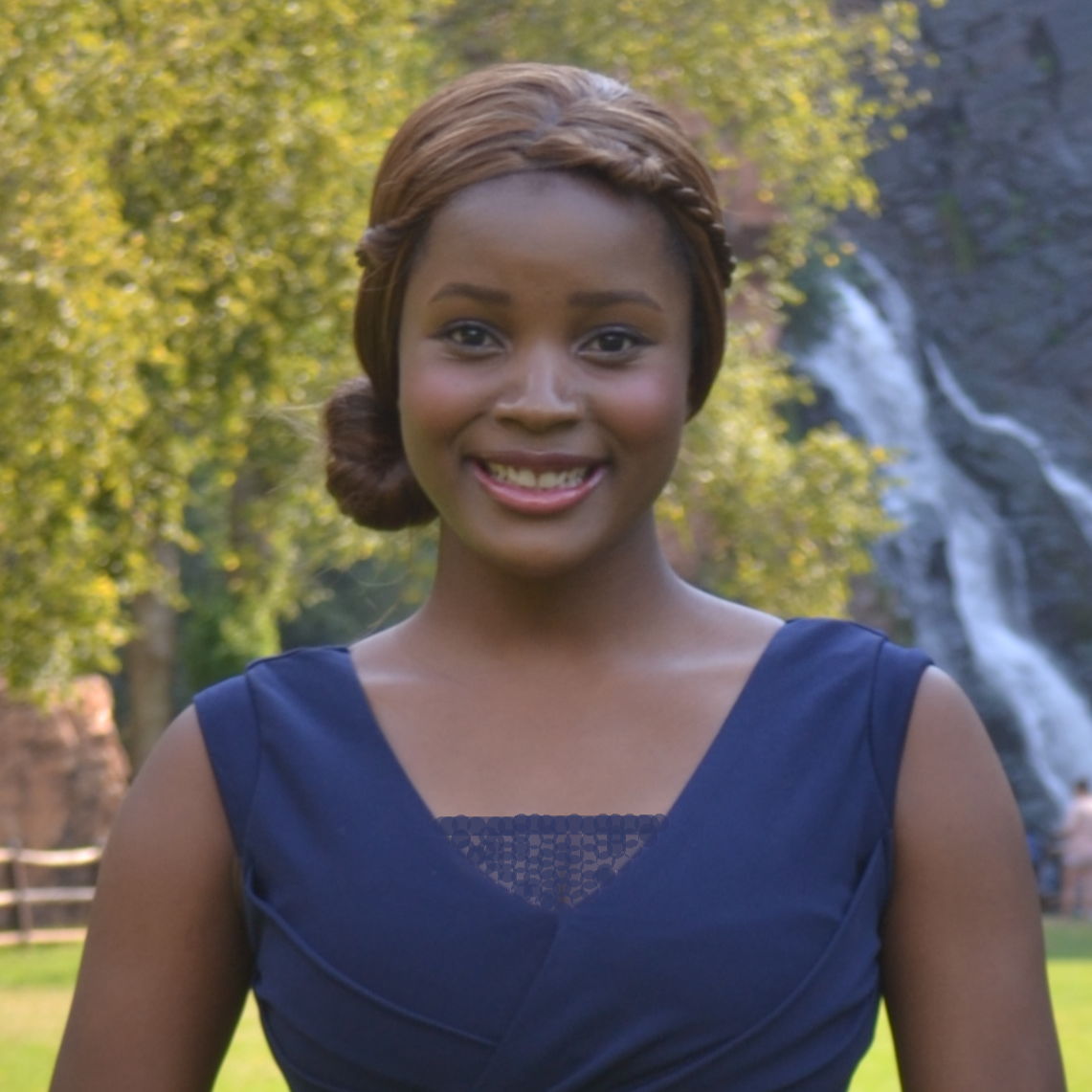
A study by Talbot School of Theology says, “Only 10% of churches were engaged in or were planning a ministry for those with disabilities.” Picture Supplied.
A study by Talbot School of Theology of the Biola University in the United States of America (USA), says that “For many people with disabilities, it is still true that it is easier to enter a pub or a cinema than the sanctuary of a church.”
The study further explains that this is because “Christian communities are usually not on the front line when it comes to matters of inclusion.”
Wandile Mtetwa (35) from a Cheshire home in Moroka, Soweto, who has a cerebral palsy condition, said, “There is still a lot to be done in the churches to make their environment inclusive for people with disabilities.”
Mtetwa who is a filmmaker and a big fan of cinema said:
He said some church buildings are not conducive for the attendance of people with disabilities.
Remembering one of the targets for goal number nine of the United Nations Sustainable Development Goals (SDGs) for 2030 which is to “develop sustainable, resilient and inclusive infrastructures” Mtetwa’s concerns clearly highlighted that thoughtful decision-making on infrastructure by churches is important. This is because it is the key indicator that shows whether they work toward inclusivity or not.
This thought by Mtetwa seems to be a worldwide concern as Pastor Edward Wishart who is the President of Grace Beyond Borders International Mission in Wisconsin, USA shared the same sentiment.
Even though Wishart is without disabilities, he shared with the Diary Series of Deaf People that:
He added:
READ: Pastor preaches in Sign Language to church Deaf members
Wishart said, over the past 35 years reconstruction of buildings to accommodate those with disabilities has been taking place in the churches as well.
He said, "When my last church was built, we certainly constructed it with disabled people in mind."
He explained, “Some churches have earphone sections; some have Sign Language Interpreters. A lot of churches have technology to display lyrics and other information on screens. Others even have wheelchair ramps.”
Wishart said that disability inclusion in the churches will only take place if abled people are educated on the needs of those with disabilities and churches should use the services of companies or individuals who understand such needs.
He said, "Pastors need to be at the forefront of educating their congregation [on the needs of people with disabilities] and building caretaking ministries. They need to ensure that the contractors they hire are willing to move the church's ministry forward in this area."
Talbot School of Theology’s study further states that “Churches have not been as welcoming or accommodating of those with disabilities” and in 2013 a study showed that “only 10% of churches were engaged in or were planning a ministry for those with disabilities.”
This has resulted in many people with disabilities feeling that instead of the church being a place of empowerment, it has become a structure that treats people with disabilities “as objects of pity and paternalism.” The study said that the church is now seen as a “city on a hill” that is “physically inaccessible and socially inhospitable.”
Another study by HTS Theological Studies states that:
Kathlyn Roffina (30) who lives in Pennsylvania, is a person with disabilities who saw the need to address issues affecting people with disabilities in the churches.
She has a disability called thrombocytopenia absent radius syndrome (TAR) which is caused by a genetic mutation with no cure. This resulted in her missing arm bones thus her hands are attached to her shoulders.
Roffina is a campus staff minister at Intervarsity in USA which is an evangelical fellowship group for American Christian students. With its presence in many universities across the US, the students meet together through homecell fellowships, retreats and training centres to share the Gospel of Jesus Christ to one another.

Kathlyn Roffina from USA wants to continue changing the stigma about disabilities in the churches. Picture Supplied.
Prior to being a campus staff minister at Intervarsity, Roffina was their fellow while she was studying at Rider University in New Jersey. During her university years, through Intervarsity, she formed a bible study group for college students with disabilities. She said what inspired her to form her group was the “stigma around disabilities in the church. I wanted to change this worldview.”
In an interview with Diary Series of Deaf People, Roffina explained:

Kathlyn Roffina with her husband. Picture Supplied.
She explained that people with disabilities have a hunger to know God’s Word and “I think the biggest thing, is for people to look at a person with disability as a child of God.”
Although Roffina is no longer leading the fellowship, she ministers to people with disabilities and able-bodied individuals at Intervarsity. She envisions herself starting a ministry called Disability Intervarsity.

